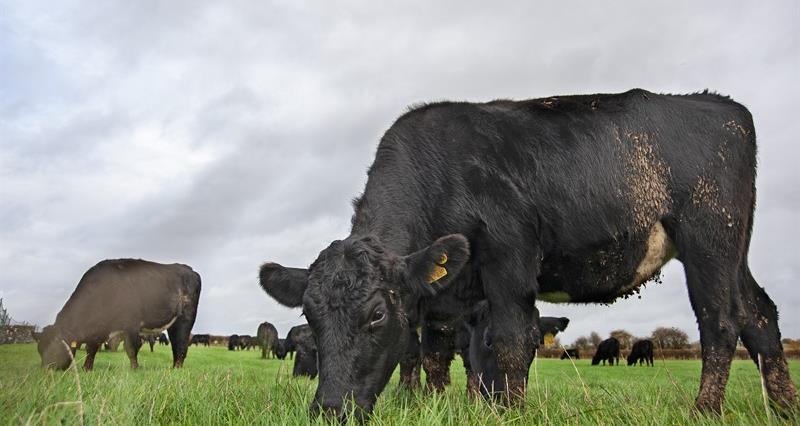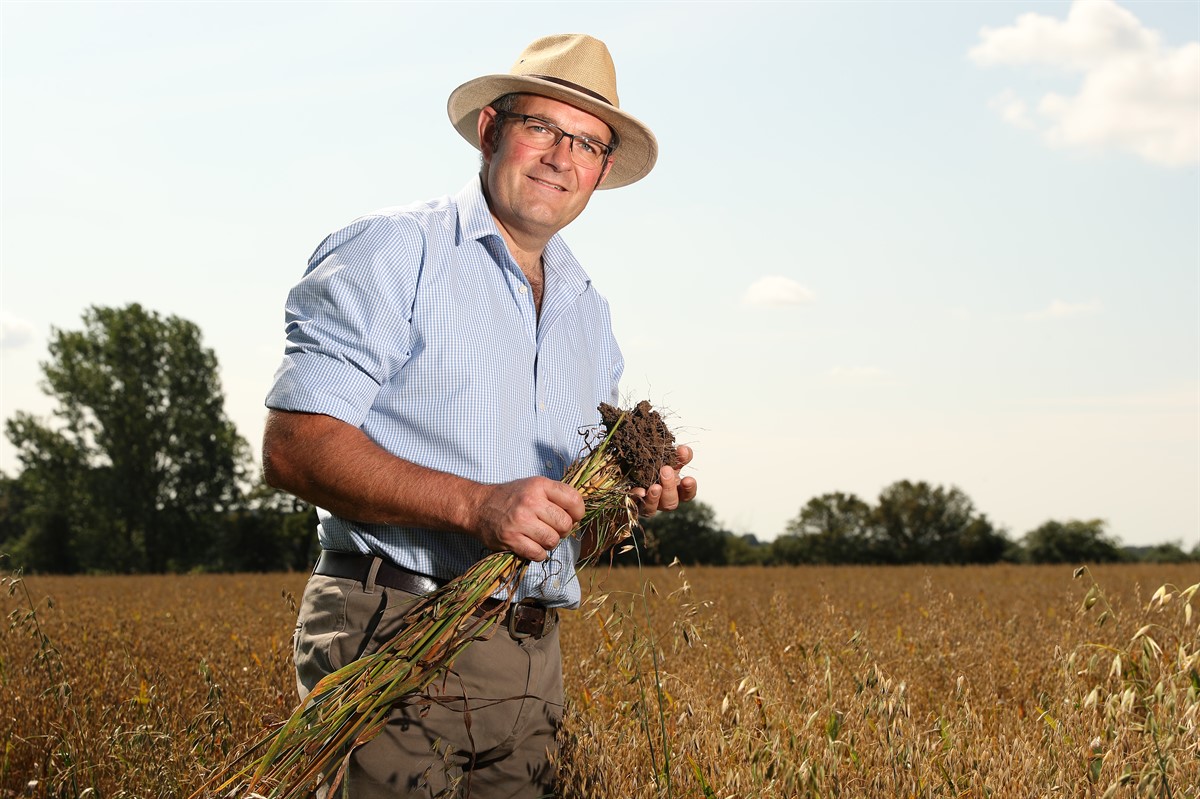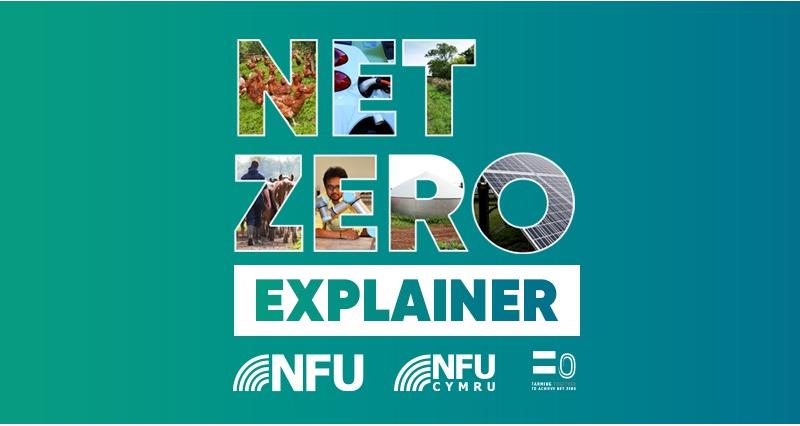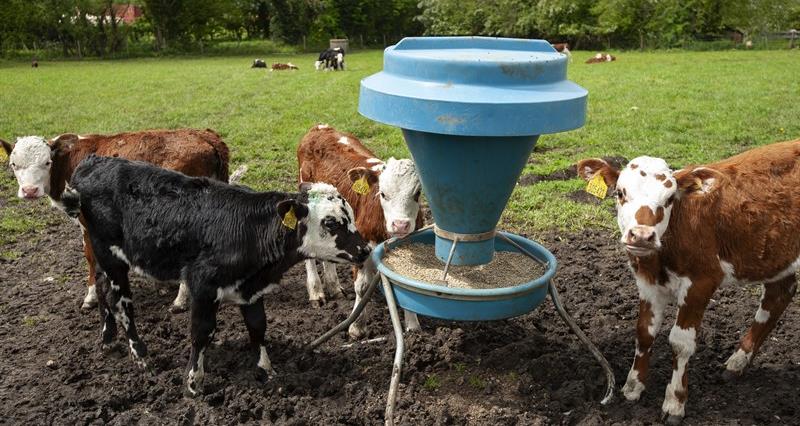The metric used to show methane’s impacts on our global temperature has always been an important topic for both the NFU’s Livestock and Dairy boards.
Farming is in a unique position to provide some of the solutions to reduce emissions, lower global temperature as well as producing nutritious products to feed our growing population.
Calculating GHG emissions accurately
We need to make sure that GHG (greenhouse gas) emissions are calculated in as accurate a way as possible to help producers to understand and reduce emissions as much as possible.
GWP100 is the accepted metric for measuring greenhouse gases but has been acknowledged to not be as accurate when measuring the temperature response of short-lived emissions such as methane, and does not account for its removal from the atmosphere.
One alternative metric, known as GWP*, has been developed by climate change scientists at the University of Oxford and in New Zealand.
GWP* provides a measure of the behaviour of methane in the atmosphere and its net contribution to global warming to a greater degree of accuracy. The metric takes into account the removal of short-lived gases from the atmosphere.
“Urgent action is needed now to improve productivity, conserve the carbon already in our pastures and grasslands, and store more carbon for the good of society.”
NFU Deputy President Tom Bradshaw
Unified approach needed
In November 2022 the NFU, together with the CIEL (Centre for Innovation Excellence in Livestock), brought together scientists, key stakeholders and NFU members to hear insights on using GWP* as a metric for measuring temperature impacts from GHGs and implications for emissions reduction: Understanding the pros and cons of different methane metrics.
Following the roundtable, the NFU has concluded that GWP* provides a more accurate representation of the current contribution of UK ruminant agriculture to climate change.
The NFU is now asking for:
- A unified approach to dual accounting with government and industry reporting on emissions from agriculture at the national scale using GWP100 and GWP*.
- Solutions for incorporating GWP* into on-farm GHG calculators so individual producers are not disadvantaged for expanding when national herd/flock emissions remain unchanged or are decreasing due to uptake of new tools and technology
- Consistent and simple messaging to consumers on the temperature impacts from methane and the biogenic carbon cycle, including finding a more suitable way for the carbon footprint of a food product to be measured
- The impact of genetics and selective breeding on reducing methane emissions to be measured with GWP100 and GWP*
- A joined up approach to GHGs across government departments, e.g. when looking at air quality under Clean Air Strategy and GHG emissions reductions vs the future of ELMs.
Government support needed
NFU Deputy President Tom Bradshaw reiterated farmers’ commitment to tackling climate change, saying that “urgent action is needed now to improve productivity, conserve the carbon already in our pastures and grasslands, and store more carbon for the good of society”.
“Government support is needed in order for farmers to access the capital investment they need to implement interventions to reduce methane and other greenhouse gases.
“The NFU will continue to engage with Defra on how methane reductions are recorded, incentivised and valued both by the public and private markets.”
More from NFUonline:
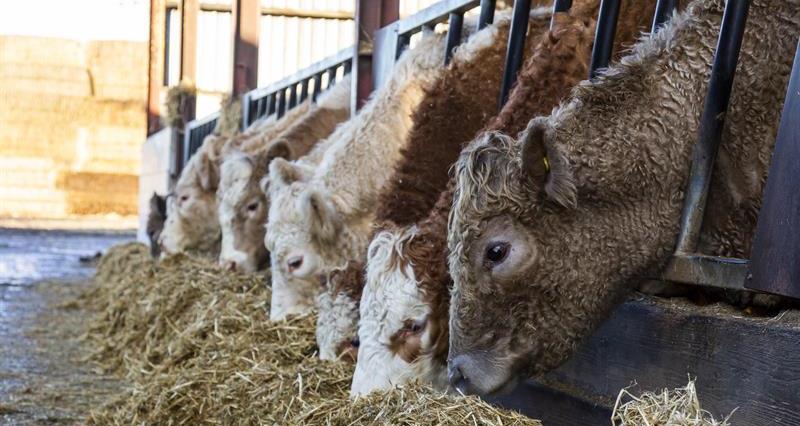
Methane suppressing feed products – Defra commits to introduction
